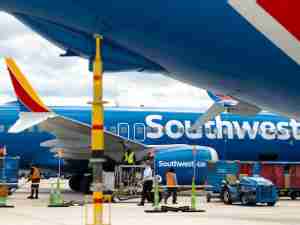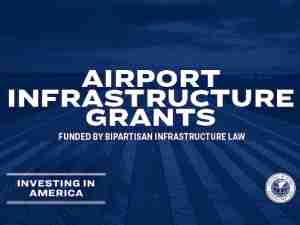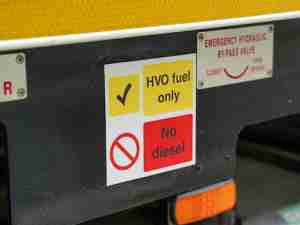Top EU powers backing down over aviation emissions
By: Reuters | Oct 02 2013 at 12:39 PM | Air Cargo
But the sources said the shift in stance by the countries could jeopardize the EU's carbon trading scheme - the central plank of its climate policy - and put them on collision course with the European Parliament, which could reintroduce the EU emissions restrictions if it is not happy with a global deal.
"These three countries - France, Germany and Britain - are putting the whole deal at stake," one of the sources said on condition of anonymity.
The U.N.'s International Civil Aviation Organization (ICAO) is meeting in Montreal this week to try to resolve the global row which was sparked when the EU introduced a law making airlines using EU airports pay for their carbon emissions.
The outcome of the talks will have implications for international relations, aviation competitiveness and the EU Emissions Trading Scheme (ETS), which is already struggling under a burden of surplus carbon allowances.
The EU introduced its law after a decade of ICAO talks had failed to reach a deal on aviation emissions, which account for five percent of global warming, according to U.N. data, and are expected to triple by 2050.
But, after international outrage, the bloc agreed to suspend for one year its law for intercontinental flights.
Sources close the matter said Britain, France and Germany - which represent some of the EU's biggest aviation interests including IAG, Airbus, Deutsche Lufthansa and Air France-KLM - were instrumental in agreeing the delay, and were ready to back down again.
While the three powers dominate the European Council of member states, their influence in the European Parliament is limited, and parliament has said it needs a strong deal or it will be unable to agree.
Nearly 200 Negotators
Negotiators from 191 countries are debating a global market-based measure by 2020, plus a framework on regional schemes for the interim.
That proposal was supported by the 36-member ICAO governing council in early September as the basis for talks at the ICAO general assembly, which concludes on Friday.
The framework is needed to allow the EU ETS, the only existing regional scheme that applies to foreign carriers, to continue to function until 2020.
But it has drawn fierce opposition from the United States, Singapore and emerging economies and Britain, France, Germany are willing to yield, the sources said.
Michel Wachenheim, France's ICAO representative and president of the two-week assembly will on Wednesday unveil a revised negotiating text, which has drastically watered down the framework language, a document seen by Reuters showed.
Britain and Germany declined to say whether they backed a watered down deal, while the French government was not immediately available to comment.
"The UK is continuing to work closely with EU and international partners to achieve an ambitious package towards a global market-based aviation emissions measure by 2020, plus a framework on regional schemes which allows the EU ETS to continue to function in the interim," Britain's department of energy and climate change said.
European Commission spokeswoman Helen Kearns said any agreement was unlikely before the very end of the talks in Montreal, which are scheduled to end on Friday.
"Europe has already been extremely flexible in agreeing to stop the clock," she told reporters. "In doing this we avoided a probable trade war. We now have a very important window of opportunity." (Reuters)









